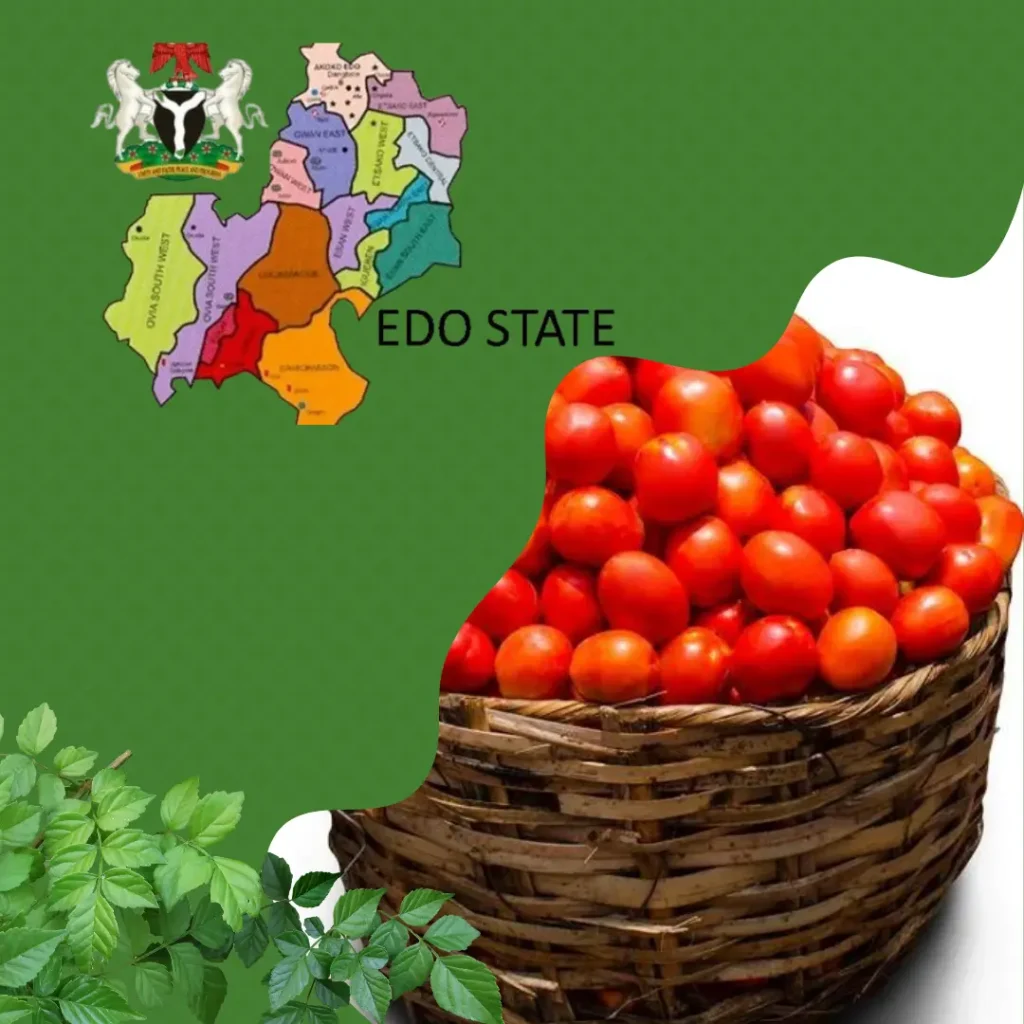The Independent National Electoral Commission (INEC) has announced that political parties have submitted more than 44,000 polling and collation agents in preparation for the upcoming Edo State governorship election.
This information was communicated on Thursday by Sam Olumekun, the National Commissioner and Chairman of the Information and Voter Education Committee.
Scheduled for September 21, 2024, the Edo governorship election has seen a significant degree of participation from the 17 political parties involved. The submission portal, which was open from July 17 to July 30, recorded a total of 44,687 agents entered, reflecting only 55.6 percent of the anticipated 80,410 agents required for effective monitoring and administration.
Among the submitted agents, there were 43,043 designated as polling unit agents, 1,452 as ward collation agents, 179 as local government collation agents, and 13 as state collation agents. INEC confirmed that while three political parties provided agent details for all necessary levels, one party failed to submit any agents.
The elections will take place across 4,519 polling units and 211 collation centres, which include 192 ward centres, 18 local government centres, and the state collation centre located in Benin City.
“For the Edo State governorship election, the portal opened on July 17, 2024, and automatically shut down at midnight on July 30, 2024, as indicated on item 9 on the Timetable and Schedule of Activities for the election released nearly a year ago in September 2023,” stated INEC.
In terms of expectations, each political party is advised to nominate 4,730 agents, which adds to the overall goal of recruiting 80,410 agents for the election. The commission’s report highlights a cumulative submission of only 44,687 as of the closure date, indicating a notable gap in the required agent numbers.
The details of agent submissions by political parties have been made accessible to the public via INEC’s official website and social media channels, ensuring transparency and informed participation in the electoral process.

